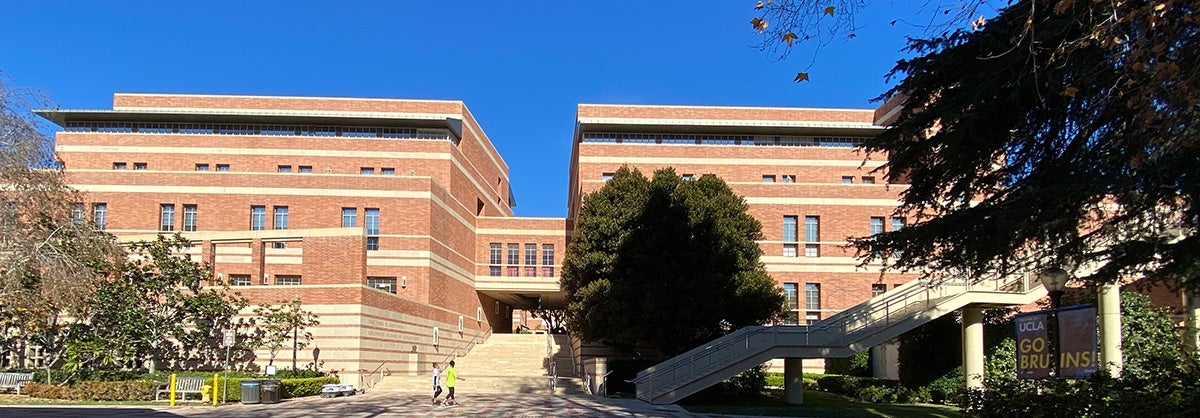UCLA Anderson's Full-Time MBA Program Moves to Self-Supporting Model
UCLA Anderson's Full-Time MBA Program Moves to Self-Supporting Model
University of California President Mark G. Yudof has approved UCLA Anderson’s proposed status change for its full-time MBA program
06/27/2013

University of California President Mark G. Yudof has approved UCLA Anderson’s proposed status change for its full-time MBA program and the program is now poised to become self-supporting. State support previously allocated for the school’s full-time program transfers to the university at large, while state support for Anderson’s doctoral and undergraduate accounting minor programs remains in place.
UCLA Anderson Dean Judy Olian said in a statement that the decision adds predictability to the tuition-setting process and flexibility to faculty assignment. “UCLA Anderson is well positioned for the future, and this change further enables us to address MBA student and program needs,” she said. “We also believe that our alumni and friends will be energized by the clarity of the school's financial model, and its singular dependence on self-generated funding and philanthropy.”
The full text of Dean Olian's letter to the Anderson community is below.
Also, check out Financial Times, Los Angeles Times and Bloomberg Businessweek for more coverage.
Dear Colleagues,
President Yudof has approved UCLA Anderson's proposal for the self-supporting MBA Program. The university announcement is available at: http://newsroom.ucla.edu/portal/ucla/uc-president-approves-ucla-anderson-247078.aspx.
With this decision, the MBA transitions to a self-supporting program, similar to our other five Master's programs. The tuition setting process will become more predictable, faculty assignment to the MBA program more flexible, and the school will receive all MBA tuition. The university at large will retain all state support that had been allocated to Anderson, with the exception of a small amount of state support for the Anderson doctoral and undergraduate accounting minor programs. In every other respect, UCLA Anderson remains a part of UCLA exactly as before. We see this change benefiting both the university and UCLA Anderson, a creative strategy in response to declining funding from the state.
UCLA Anderson is well positioned for the future, and this change further enables us to address MBA student and program needs. We also believe that our alumni and friends will be energized by the clarity of the school's financial model, and its singular dependence on self-generated funding and philanthropy.
This proposal has been under review for about three years. There was vigorous and healthy debate from all sides, as there should be in an institution that thrives on respectful discourse. Thank you to all who participated in this debate, and to the leadership across all parts of the school and university who guided this proposal to its fruition. I want to extend special appreciation for their support and willingness to embrace innovative solutions to President Yudof, Chancellor Block, EVC Waugh, VC Olsen and the leadership of UCLA's Academic Senate.
Let's move forward now! With thanks,
Judy